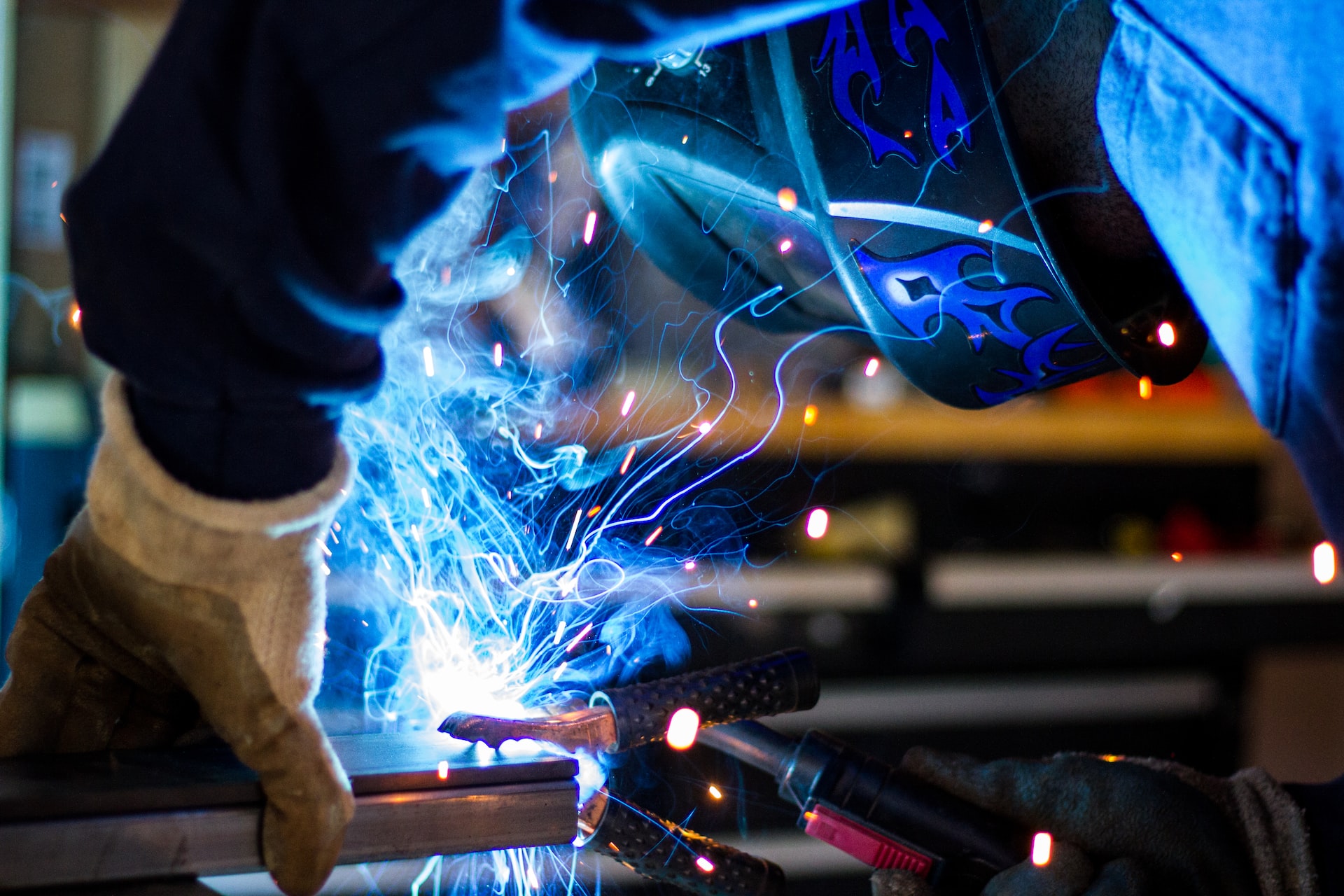Isolation due to technology: Why People Think It’s So
Introduction
We’ve all felt it at one point or another: that sense of isolation even when we’re surrounded by people. It’s a strange feeling, and it’s one that’s only become more common in recent years. But why is that? Surely, with all the technology that connects us to others, we should be feeling more connected than ever before. So what gives? In this blog post, we’ll explore the idea of isolation due to technology. We’ll investigate why people think it’s such a problem and whether there might be some truth to the matter.
What is technology isolation?
In recent years, there has been a lot of talk about the “isolation” that technology can cause. With the advent of social media, people are more connected than ever before, but some argue that this connection is not necessarily a good thing.
There are a number of reasons why people think technology isolation is a problem. First, social media can give users a false sense of connection. People can interact with others online without actually having any face-to-face contact. This can lead to real-life relationships suffering as people spend more time interacting with their online friends than with the people they see in person every day.
Second, technology can be addictive. Many people find themselves spending hours on their phones or laptops, scrolling through social media, or playing games, when they should be doing other things, like interacting with the people around them or getting outside and enjoying nature. This addiction can lead to feelings of loneliness and isolation, as well as problems with focus and concentration.
Third, technology can be used to bully or harass others. Unfortunately, there are many people who use social media and other forms of technology to anonymously attack or harass others. This can lead to feelings of anxiety and depression in the victim.
Fourth, technology can make it difficult to disconnect from work. With email and other forms of communication always available, it can be hard to relax and enjoy personal time if you’re constantly checking your work messages. This could lead to burnout and even resentment
The pros and cons of technology isolation
The pros and cons of technology isolation are often debated. Some people argue that technology isolation is a good thing because it allows people to focus on their work and limits distractions. Others argue that technology isolation is bad because it can lead to social isolation and make people feel cut off from the world.
There are valid points on both sides of the argument. Technology isolation can be beneficial if used in moderation, but it can also be harmful if someone becomes too isolated from the world. It is important to find a balance that works for you.
How to tell if you’re suffering from technology isolation
When you’re feeling lonely, it’s easy to blame technology. We’ve all been there: we spend hours scrolling through social media, comparing our lives to others, and suddenly feel like we’re not good enough. We wonder why we don’t have as many friends as the person we’re following, or why our partner doesn’t text us as much as we text them.
It’s important to remember that technology is not the root of our loneliness – it’s only a tool that can be used to connect with others. If you find yourself feeling isolated and alone, there are a few things you can do to combat those feelings:
- Reach out to your friends and family members. Sometimes, all it takes is a phone call or text message to feel connected to someone.
- Get involved in your community. There are likely many events and activities happening near you that you could participate in. Joining a club or sports team can help you meet new people and make lasting friendships.
- Spend time outside. Technology has a way of making us feel trapped indoors – take some time each day to get outside and breathe in some fresh air. Reconnecting with nature can help reduce stress and anxiety levels.
- Make time for yourself. It’s important to nurture your own mental health and well-being. Make sure you’re taking care of yourself by eating healthy meals, getting enough sleep, and exercising regularly.
Ways to combat technology isolation
Technology isolation is a real and growing problem. People are spending more time alone with technology and less time interacting with others face-to-face. This can lead to feelings of loneliness, anxiety, and depression.
There are some things you can do to combat technology isolation:
- Get involved in online communities: There are many online communities you can join where you can interact with others who share your interests. This can help you feel connected and less alone.
- Make time for face-to-face interaction: Make sure to schedule some time each week for face-to-face interaction with friends, family, or co-workers. This can help reduce your feelings of isolation.
- Limit your screen time: Too much screen time can exacerbate feelings of isolation. Make sure to take breaks from staring at screens, and get outside for some fresh air and Sunshine!
- Seek professional help: If your feelings of isolation are severe, it may be helpful to seek professional help from a therapist or counselor who can assist you in dealing with these emotions.
The Negative Effects of Technology
There are many negative effects of technology that can be seen in today’s society. One of the most prominent is isolation. People are becoming more and more isolated from each other due to technology. This is because people are spending more time on their computers, phones, and other devices than they are interacting with other people face-to-face.
This isolation can lead to a number of problems. For one, it can make people feel lonely and depressed. It can also make it difficult for people to form and maintain relationships. Additionally, isolation can lead to a decrease in productivity as people spend less time interacting with others and working on tasks.
So, while technology has many positive effects, it also has some negative ones that should not be ignored. If you find yourself spending too much time on your devices, make sure to take some time out to interact with the people around you.
The Positive Effects of Technology
It’s no secret that technology has drastically changed the way we live, interact, and communicate. While some may argue that this increased dependence on technology has led to more isolation and less face-to-face interaction, there are also many positive effects of technology that should be considered.
For starters, technology has made it easier than ever to stay connected with friends and family members who don’t live nearby. With just a few clicks, we can video chat with someone on the other side of the world or send a quick text to let them know we’re thinking of them. Technology has also made it possible for us to access information and resources that were once out of reach. We can now quickly and easily find answers to our questions, learn about new topics, and connect with like-minded people from all over the globe.
In addition, technology has had a profound impact on how we work and do business. We can now telecommute or work remotely from almost anywhere in the world. This flexibility has allowed many people to ditch the traditional 9-5 lifestyle in favor of a more sustainable and enjoyable way of working. And for businesses, technology has opened up new opportunities for marketing, sales, and customer service.
So while there are certainly some downsides to our growing dependence on technology, it’s important to remember all of the ways it has positively impacted our lives. From staying connected with loved ones to gaining access to new resources and opportunities, there’s no denying that
The Importance of Balance
In our fast-paced, constantly-connected world, it’s easy to feel like we’re always on the go. And while technology has made it easier than ever to stay connected to our loved ones, it can also lead to feelings of isolation and loneliness.
That’s why it’s important to find a balance between our online and offline lives. Make time for face-to-face interactions with friends and family, and put away your devices when you’re spending time with them. Join a club or group that meets in person, rather than online. And make an effort to connect with your neighbors.
By striking a balance between our online and offline worlds, we can avoid feeling isolated and lonely.
How to Find Balance
It’s no secret that too much time spent on screens can lead to feelings of isolation and loneliness. And while technology has its benefits, there’s no denying that it can also be a major source of stress. If you’re finding yourself feeling overwhelmed by technology, it’s important to find a balance that works for you. Here are a few tips:
- Set limits on your screen time. Whether it’s setting a timer or limiting yourself to certain days or hours, creating boundaries around your screen time can help you feel more in control.
- Make time for face-to-face interactions. In-person interactions are crucial for our mental health, so make sure to schedule time with friends and family members outside of the digital world.
- Unplug from electronics during mealtimes and bedtime. This will help you relax and wind down before sleep, and give your mind a break from constant stimulation.
- Find healthy ways to cope with stressors in your life. If you’re struggling to manage stress, seeking professional help can be incredibly beneficial. There are also many relaxation techniques that can help, such as yoga, meditation, and deep breathing exercises.
Finding balance in our tech-filled lives is essential for our mental well-being. By following these tips, you can start to create a healthy relationship with technology that works for you.
Conclusion
There are many reasons why people think isolation due to technology is a problem. Some believe that it leads to less face-to-face interaction, which can impact social skills. Others believe that it leads to an obsession with digital devices and social media, which can be harmful to mental health. And still, others believe that isolation due to technology can lead to physical health problems like obesity and neck pain. Whatever the reason, it’s clear that isolation due to technology is a real concern for many people.






